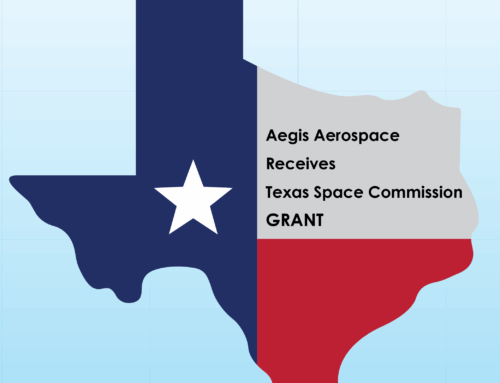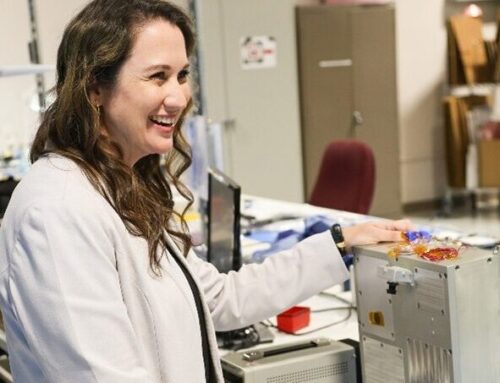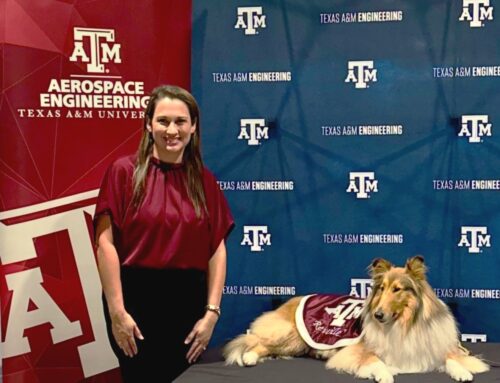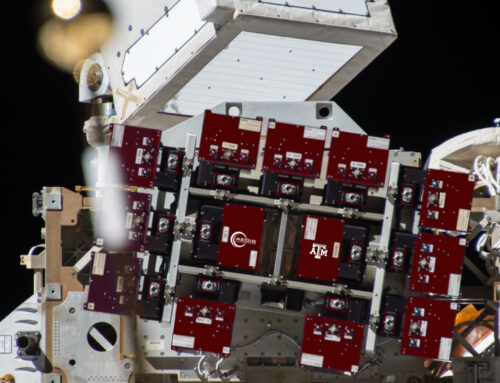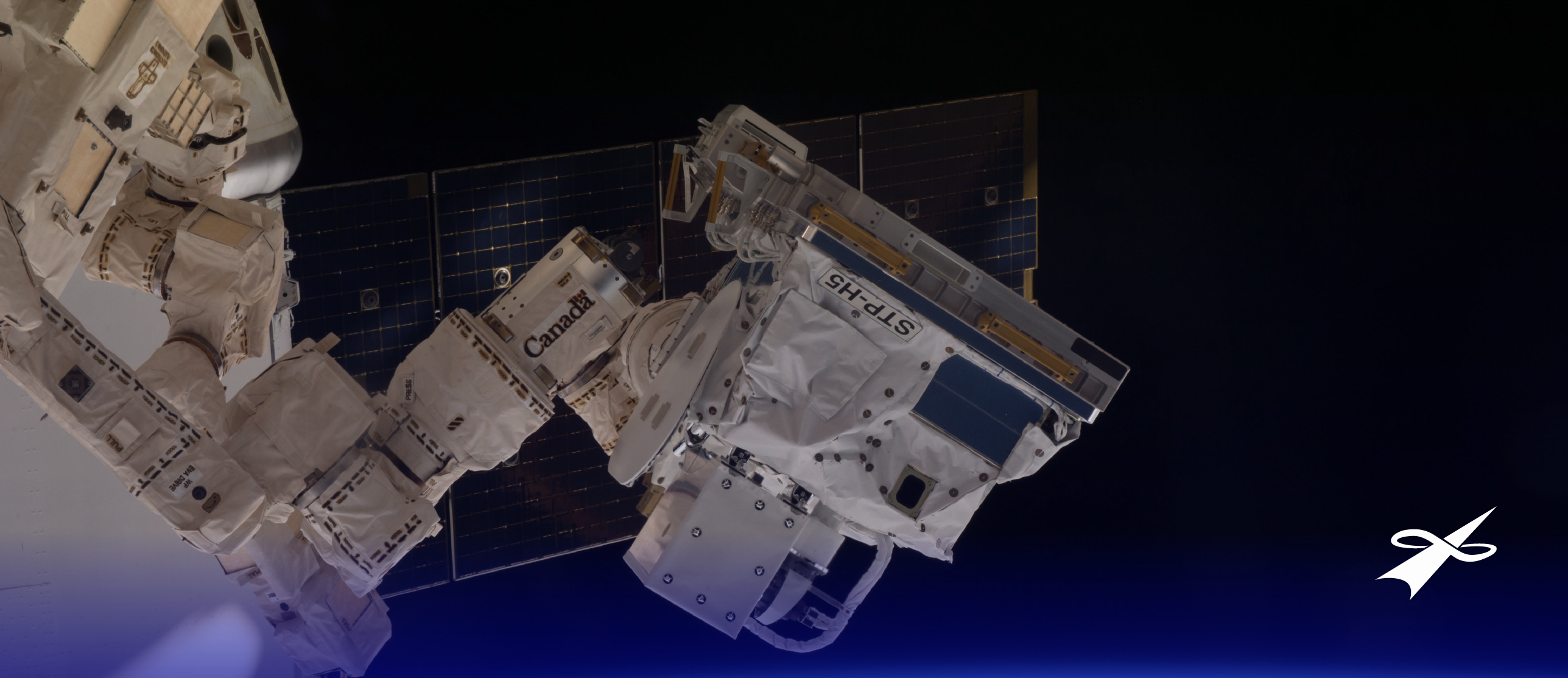
MEIT Celebrates STP-H5 Flight Carrying NASA and DOD Experiments
MEI Technologies, Inc. (MEIT) celebrates the successful launch of the Space Test Program-Houston 5 (STP-H5) – the latest STP payload complement that brings six Department of Defense (DOD) and seven NASA experiments together on one pallet – which was designed and built by MEIT, integrated and flown under the management and direction of the DOD’s STP Houston office, and installed in the SpaceX Dragon trunk for launch on the SpaceX-10 (Commercial Resupply Services (CRS) – 10) mission to the International Space Station (ISS).
MEIT – as the prime contract holder on the DOD Human Exploration Payload (DHEP-B) contract overseen by the STP Houston office – is the team responsible for the design and build of STP-H5. Working with organizations throughout DOD and NASA to assure interface and safety requirements were met, the MEIT DHEP-B contract team designed and built the structure, and integrated this with the power and avionics systems required to make the 13 disparate experiment components function together on an ExPRESS Logistics Carrier (ELC) mounted on the outside of the ISS.
“As the prime contractor to provide cradle-to-grave services to these DOD and NASA experiments, we are proud to deliver a payload complement that allows a low-cost opportunity for multiple agencies to perform on-orbit research and technology demonstration experiments from the ISS,” stated MEIT CEO, David Cazes. “It is an honor to support this program and the future of spaceflight.”
The long-duration, two-year-plus on-orbit mission testing is key to collection of terrestrial and space weather data, maturing new technologies, and proving the advanced design and operations concepts that each payload team represents.
Celebrating its twenty-five year anniversary this year, MEIT has flown over 300 successful payloads since its inception. The work performed on this contract is a legacy contract and the company’s first prime contract win twenty five years ago.
MEIT is currently working on STP-H6, to fly new experiments, slated to launch in the fall of 2018 with SpaceX.

